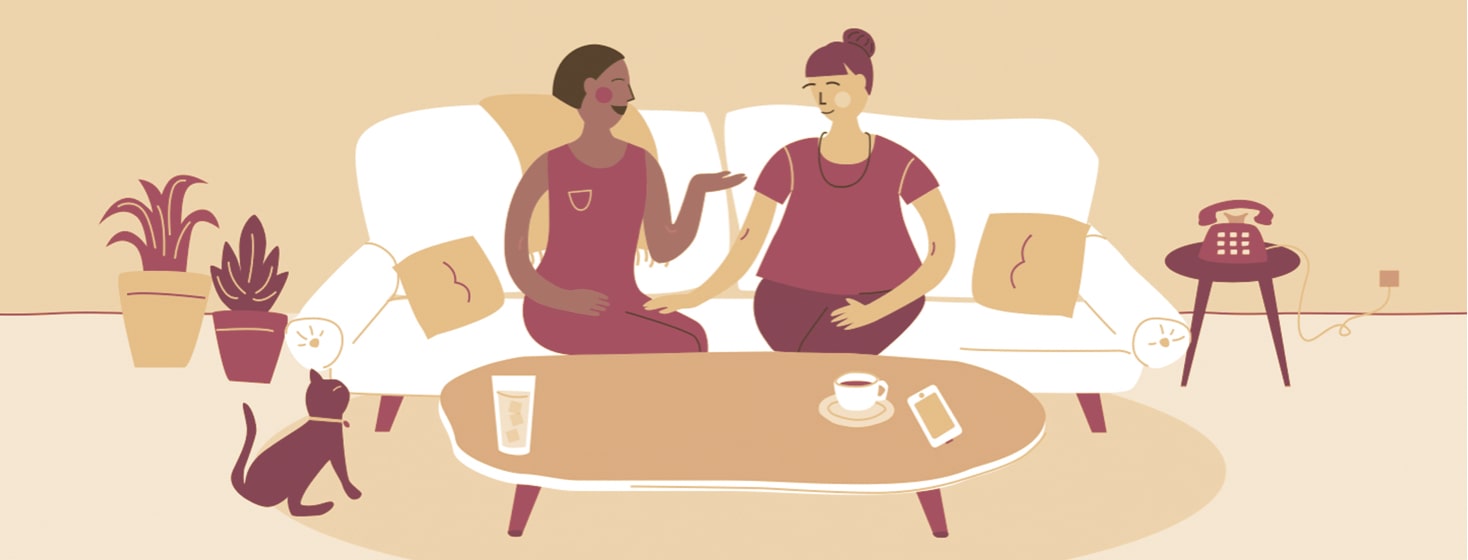What's the Best Approach to Communication?
People sometimes come up to me and ask for advice on the best way to communicate with someone in the later stages of Alzheimer's. It is a tough question. How do you know if you are getting through to them? I'm no expert in Alzheimer's communication but I have given it a lot of thought.
Common sense
Although I am not in those later stages, I don't like it when people come up to me and shout at me. It is as if the louder they talk, the quicker I will "get it." Or, just the opposite happens - someone will come up and whisper to you like you are sick and frail. News flash - neither of these things works for me.
Best Alzheimer's communication practice
Even if you aren't getting any feedback or response, talk in a calm and soothing voice. I know it can be hard when the same question is asked over and over. Talk about things you have in common. Talk about things that were always important to the person with Alzheimer's. If it was important before, it may still be. If you used to share jokes and funny stories, share them again. Read an article from a magazine on a topic they were always interested in. Sing a song they loved. Tell them a fairy tale they used to tell their children. Page through a scrapbook of old photos and share stories that go along with them.
Variety in communication
Remember that there are many ways to communicate. Hold their hand. Light a scented candle. Wear their favorite perfume. Play the piano or just play the music they loved. Comb their hair. Sing. Take them outside for some fresh air and to hear the birds sing. Bring fresh flowers to enjoy the scent. Bring a beloved pet along. Share their favorite cookie.
Favorites then and now
In a sense, your surroundings can also be a form of communication. I have told my loved ones that when it becomes necessary for me to move into another living situation, that I want certain photos on the wall. I want my favorite chair. I want a part of who I am to go with me. I might not be able to tell them what I want when the time comes, but something inside me says that if those photos mean something to me now, they will always mean something to me. And my favorite chair will always be my favorite chair, regardless of what room it is in.
Remaining present
Most importantly, be present. Make a mental note if you find them smiling at something you said or did. Be yourself. Remember who this person was and enjoy your time together. Don’t get stressed if you think you haven’t gotten through to a person with Alzheimer’s. You never really know what gets through.
If you aren’t visiting a relative, know that the family of this person will appreciate your visits with their loved ones more than you will ever know. Stay in the moment and be present. Sometimes silence can be golden. What are your communication tips for interacting with a loved one with Alzheimer's? Tell us about your experience in the comments below, or share your story with the community.
How do you approach communication as a person living with Alzheimer's or caring for someone who is living with Alzheimer's? Share your tips with the community!

Join the conversation